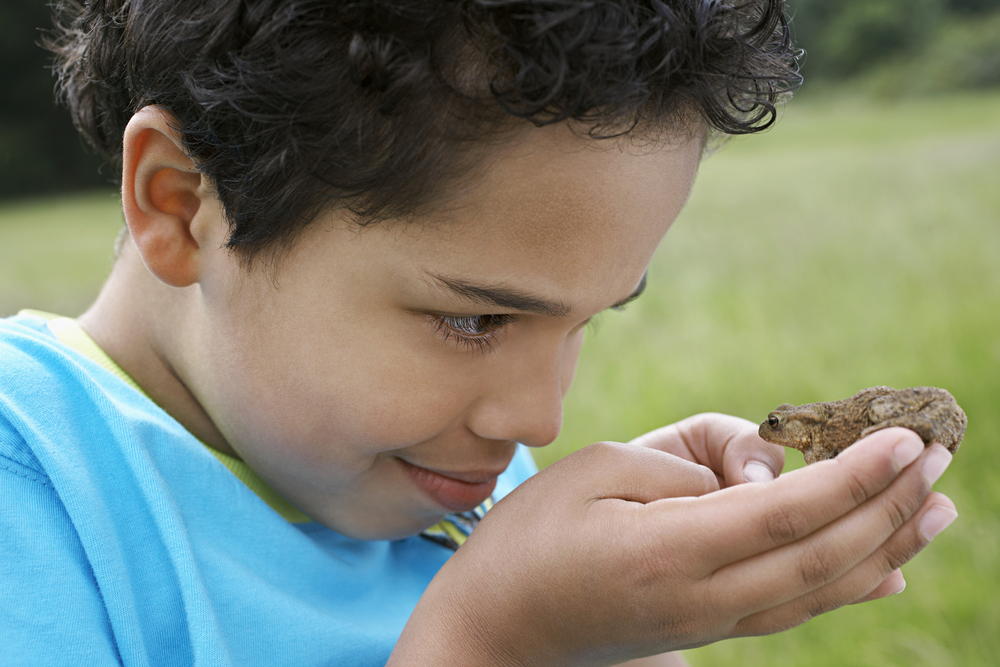Understanding life cycles Animals Worksheets for Ages 6-7
4 filtered results
-
From - To
Explore the fascinating world of animal life cycles with our engaging worksheets designed specifically for ages 6-7! These interactive resources foster young learners' understanding of the stages animals go through, from birth to adulthood. Through colorful illustrations and fun activities, children will identify various life cycles, including insects, amphibians, and mammals. Our worksheets promote critical thinking and encourage curiosity about nature while aligning with early science curriculum standards. Perfect for classroom use or at-home learning, these materials make exploring biology fun and accessible. Inspire your child’s love for science today with our Understanding Life Cycles Animals Worksheets!
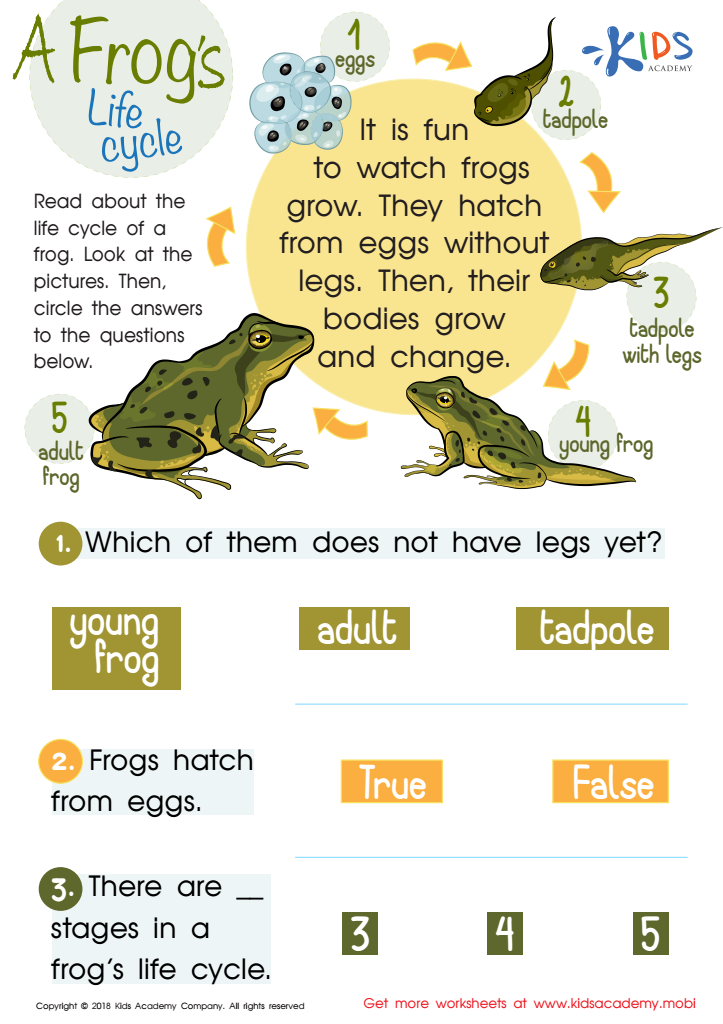

A Frog’s Life Cycle Worksheet
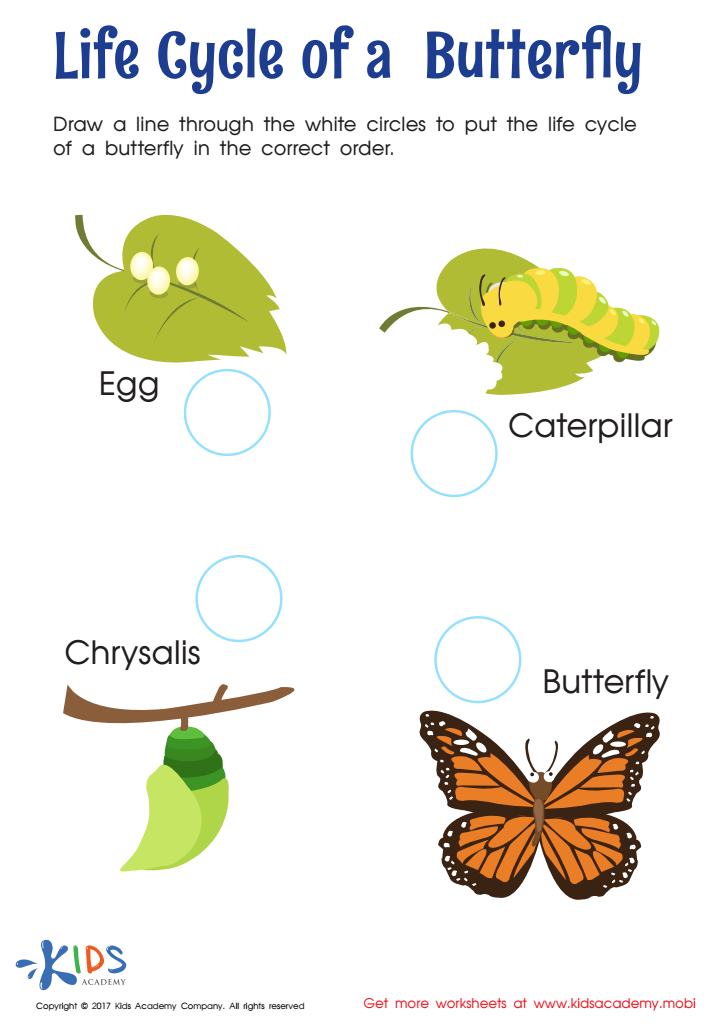

Life Cycle of Butterfly Worksheet
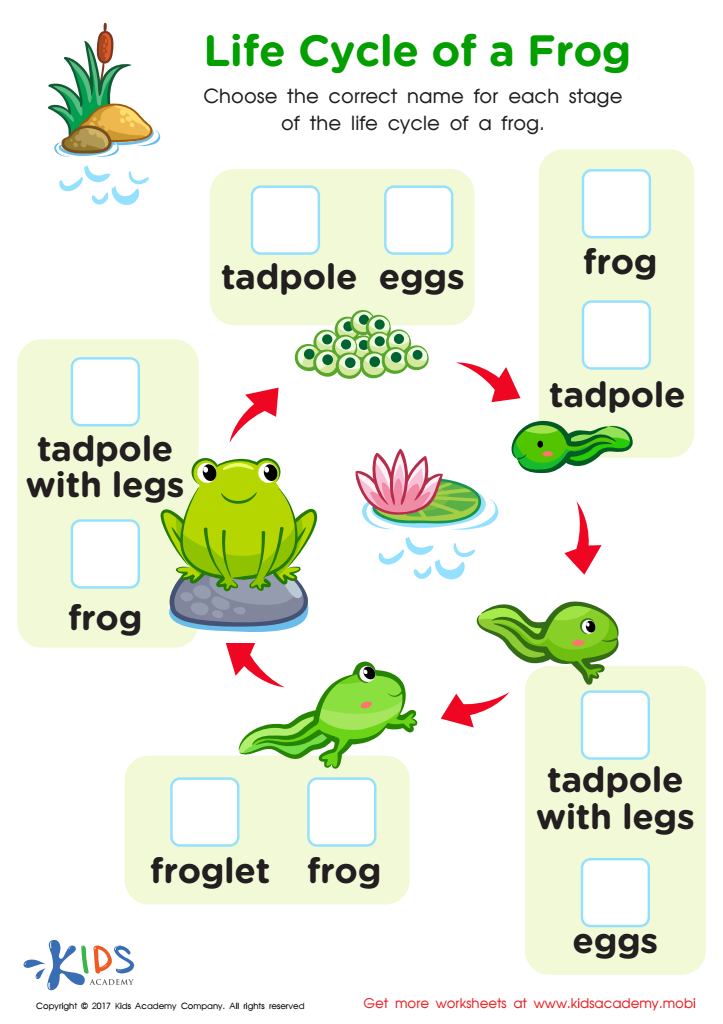

Life Cycle Frog Printable
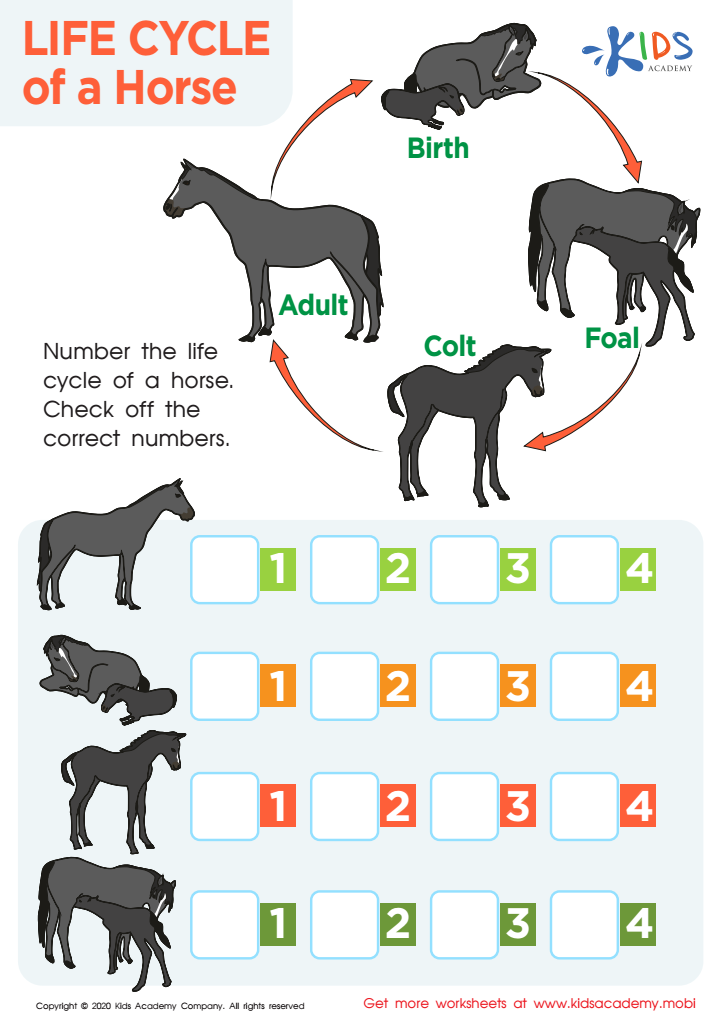

Life Cycle of a Horse Worksheet
Understanding animal life cycles is crucial for young learners aged 6-7, as it fosters curiosity about the world around them. At this age, children are naturally inquisitive and eager to explore nature, making it an ideal time to introduce concepts related to growth, change, and development in living creatures.
Learning about life cycles helps students grasp fundamental scientific principles, such as reproduction, metamorphosis, and the interdependence of ecosystems. For example, children gain insights into how frogs develop from eggs to tadpoles and then to adults, which can spark their interest in biology and the environment. This knowledge builds a foundation for critical thinking, as students learn to ask questions and seek answers about the natural phenomena they observe.
Moreover, understanding life cycles encourages empathy and respect for living beings. Children can learn to appreciate the role of each species in its habitat and the importance of conservation. Furthermore, these lessons can be linked to broader themes in health education, such as human growth and the cycles of life, promoting holistic understanding.
Ultimately, by engaging with life cycles, children not only enhance their scientific literacy but also develop a sense of responsibility towards nature, paving the way for future stewards of the planet.

 Assign to My Students
Assign to My Students




